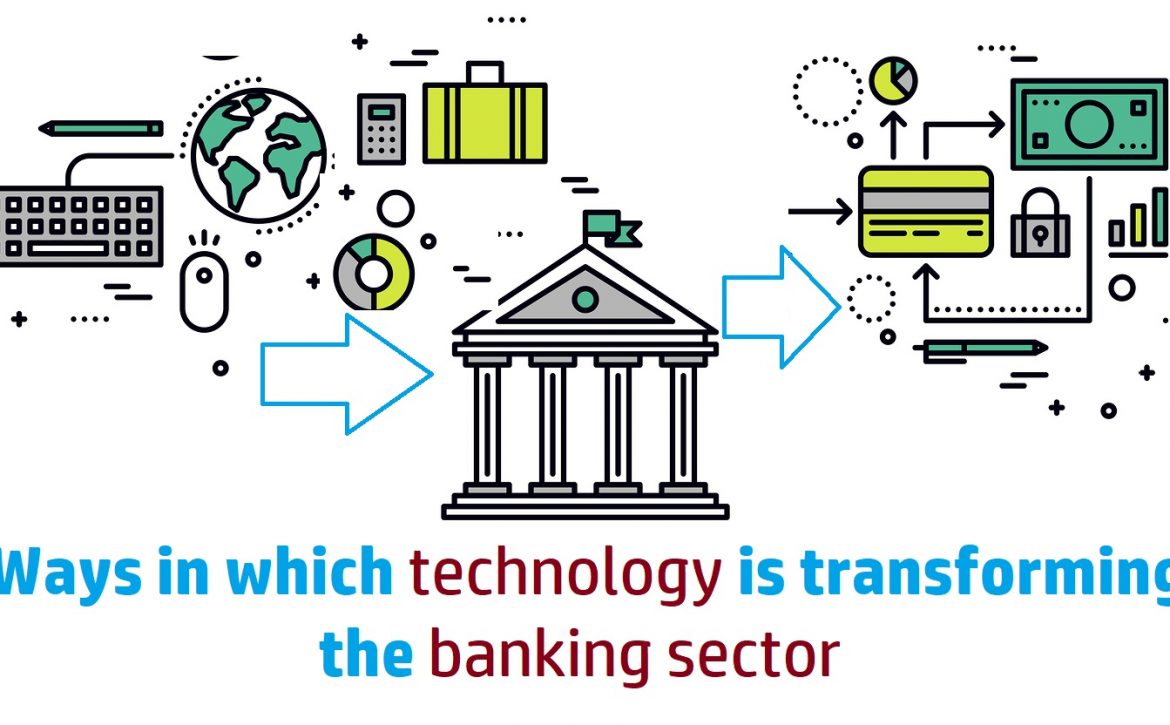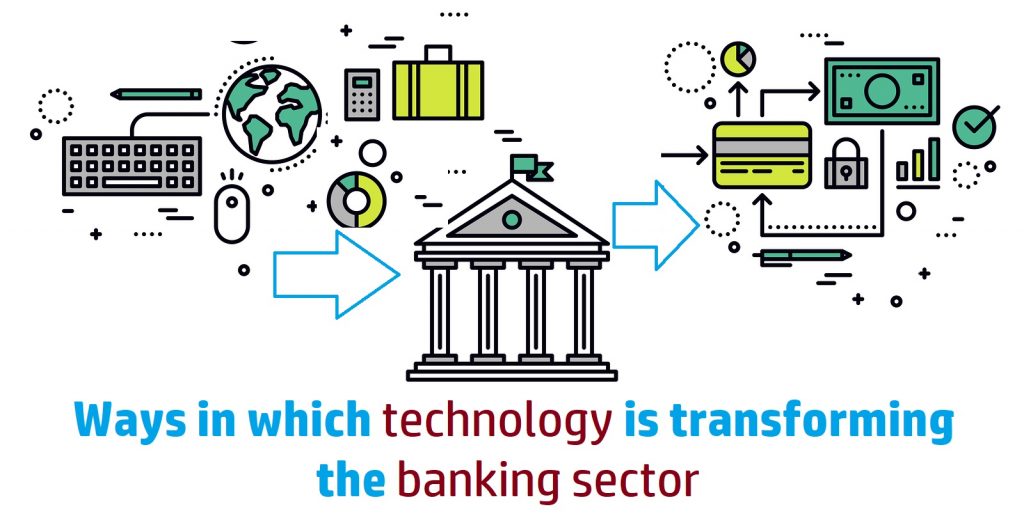How Blockchain is optimizing Investment Banking costs
Blockchain Technology in Investment Banking
Data storage is one of the prime requirements to manage an investment bank. Banks create multiple databases to store valuable information regarding the customers, transactions, and others. These databases play a critical role while completing any task. Banks are required to offer and obtain the needed data to facilitate a smooth transaction. All the counterparties require informational pieces on a regular basis. Managing huge databases becomes a troubling and expensive task for investment banks.
It is here that Blockchain can display immense potential for investment banks.
It can become a viable answer to all the database related issues faced by the banks. Blockchain database systems provide one platform for all the counterparties to access the required data. The highly secured access system keeps the databases protected too.

According to a report, Blockchain has been able to reduce the banking costs and increase savings up to 30%. Also, it is reported that investments in Blockchain efforts in capital markets will rise from $75 million in 2015 to a staggering $400 million by 2020.
The banks can integrate all the fragments of databases together and make their office processes much more cost-effective.
1. Lower reporting costs with transparent data optimization
The blockchain provides a single source for the data. The source offers a highly optimized quality of the data for the banks, which brings an incredible level of transparency in the financial reporting.
The verification of the data becomes much easier as the authorities, clients, and customers share the data at the same time. This way, the banks get to create financial reports without investing a huge amount on gathering and verifying the data.
2. Lower processing costs with efficient operations
Blockchain centralizes the whole operation of investment banks. The operations related to finding details of customers, connecting with clients and others take much lesser effort with the continuous availability of the required data. A single source provides all information about every function.
With that, banks get to manage the digital identities efficiently. Multiple branches can use the same source to understand customers and provide quick and easy services. By doing this, the banks get to save a lot of operational costs too.
3. Lower compliance costs with transparency
With traditional database systems, banks have to spend a huge amount of money in communicating information with all the counterparties. Banks need to gather data and audit them again and again to ensure the compliance in the functions.
These costs can also be reduced with blockchain. A single database system becomes a perfect solution to bring transparency and audit transactions conveniently. The whole process becomes visible to all the authorities. As a result, the costs of compliance reduce by 30 to 50 percent.
Other benefits
There are various other functions that an investment bank needs to manage. Some of the functions include middle office work, trade support, settlement, investigations, and clearance. It is obvious that all the mentioned functions require the availability of the right data at the right time.
Banks are required to gather, analyze and confirm the data before taking any action. Hence, the availability of a blockchain database system makes these functions much more cost-effective.
Recent reports have presented positive outcomes of the blockchain technology and thus, more investment banks are exploring to implement this database technology in their work.







